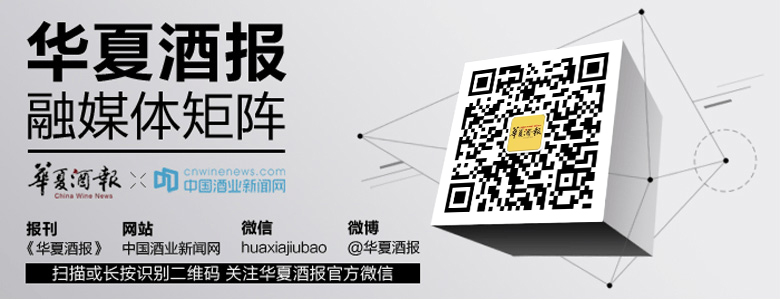It is reported that Chinese wine enterprises need to pay taxes mainly include excise duty, business income tax, value-added tax, etc. With the exception of VAT deduction and other factors, the actual tax paid by enterprises accountes for more than 20% of its main business income. Among which, excise duty captures 10% of sales.
Imported wines have been flooded in Chinese markets with uneven quality in recent years, due to China's reducing the threshold for imported wines and the implementation of low tariffs or zero-tariff policies for several countries.
Besides, the responsible department of foreign wine industry is the Ministry of Agriculture, wineries could enjoy government subsidies on the basis of tax exemption, while Chinese wines are industrial products, which require higher level of production equipments and facilities. Consequently, the production cost rises accordingly. In contrast, the impact on domestic wine is even worse, imported wines take a big hit on Chinese ones.
面临国外葡萄酒的巨大冲击,近日,葡萄酒产量占据中国四成以上的山东省烟台市葡萄与葡萄酒协会向国家税务总局致函,建议国家层面降低消费税率,以增强中国葡萄酒产业的国际竞争力。
据悉,中国当前葡萄酒企业需要缴纳的税费主要包括消费税、企业所得税、增值税等,扣除增值税抵扣等因素,企业实际缴税占主营业务收入的20%以上。其中,消费税率为销售额的10%。
由于中国对葡萄酒进口门槛设置较低,并且对多个国家实行低关税或免税政策,导致进口葡萄酒在国内泛滥,质量参差不齐。加上国外葡萄酒产业属于农业,在免税的基础上还享有政府补贴,而我国葡萄酒(产业)属于工业,在生产设备、设施方面要求较高,因此生产成本大幅提高。相比之下对国产葡萄酒的冲击更是雪上加霜。

